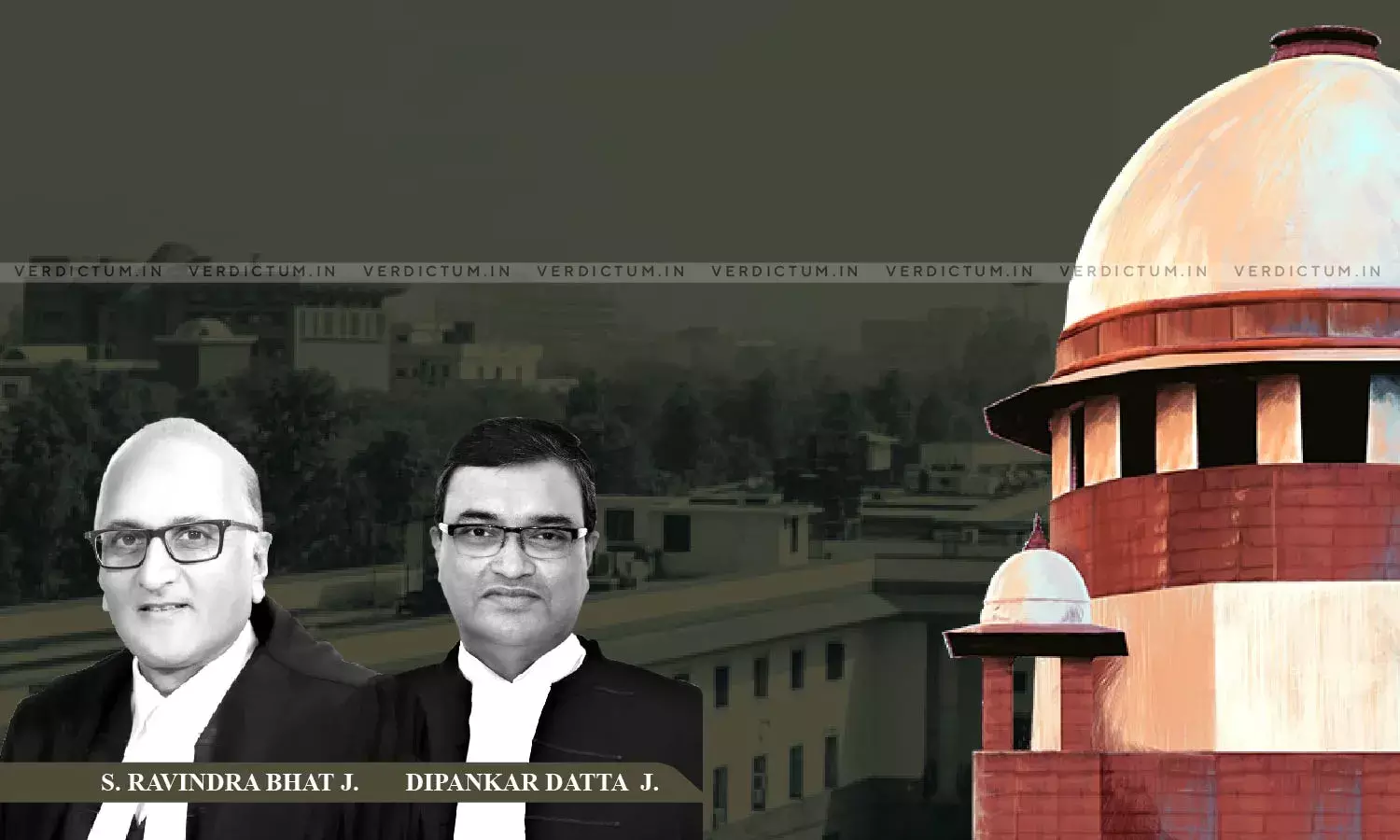SC Directs Manipur, Mizoram To Take Corrective Steps To Change Rules For Appointing SPCB Personnel Under Water & Air Act

The Supreme Court has disposed of a contempt plea that alleged that norms for the recruitment of Chairpersons, Member Secretaries, and Members of the State Pollution Control Boards (SPCBs) under the Water (Prevention and Control of Pollution) Act, 1974, the Air (Prevention And Control Of Pollution) Act, 1981 and other cognate Acts were not framed in accordance with the guidelines laid down by the Supreme Court.
A Bench comprising Justice S. Ravindra Bhat and Justice Dipankar Datta discharged the contempt notice in view of the submissions of the parties that norms have been framed in the letter and spirit of the main judgment and States have amended their Rules or framed fresh Rules.
However, the Court said that “the States of Mizoram and Manipur should take suitable corrective steps to change or amend the rules so as to reflect the need to have qualified and experienced personnel who can man the post of Chairperson, Member Secretaries and Members of the State Pollution Control Boards (SPCBs)”.
The Court said that "in the limitations and constraints of contempt proceedings, it would not be appropriate to continue monitoring the matter when the correctness of rules and their conformity with the observations of Court, are sought to be made the subject matter of scrutiny in the contempt proceedings."
The Apex Court in the case of Techi Tagi Tara v. Rajendra Singh Bhandari & Ors issued guidelines regarding eligibility conditions for the recruitment of Chairpersons, Member Secretaries, and Members of the State Pollution Control Boards (SPCBs) under the Water (Prevention and Control of Pollution) Act,1974, the Air (Prevention And Control Of Pollution) Act, 1981 and other cognate enactments.
The Court issued guidelines to ensure that the State Pollution Control Boards (SPCBs) are efficacious and continue to remain vibrant bodies or tribunals, equipped to discharge the duties and responsibilities casted on them under the law.
Senior Advocate Sanjay Hegde submitted that several States have violated the guidelines laid down by the Supreme Court and quoted the rules framed by the States of Manipur and Mizoram, to demonstrate that they are vague and general and allow recruitment and appointment of unqualified individuals who can not be characterized as competent or experienced.
He further urged that the induction of academics, professionals, experts, and technologists is essential for the functioning of SPCBs, or else those bodies would utterly fail and the entire responsibility of enforcement of the environment law would fall upon the appellate bodies and ultimately upon the National Green Tribunal (NGT).
The Supreme Court observed that “To this Court, it appears that the States have by and large complied with the directions with respect to the framing of appropriate norms including rules, outlining the essential qualifications and necessary experience for the recruitment of three types of positions, in the SPCBs”.
The Court clarified “that any person or body aggrieved by the rules framed by any State is at liberty to seek such remedies as are available to her or him in law”.
In Dec 2020, the Court took cognizance of willful and deliberate contempt by the respondent and issued notice to all concerned parties i.e. the States and the Union Territories.
Cause Title- AMITABH SRIVASTAVA v. RAJENDRA KUMAR TIWARI & ORS.
Click here to read/download the Order

